April 5, 2025
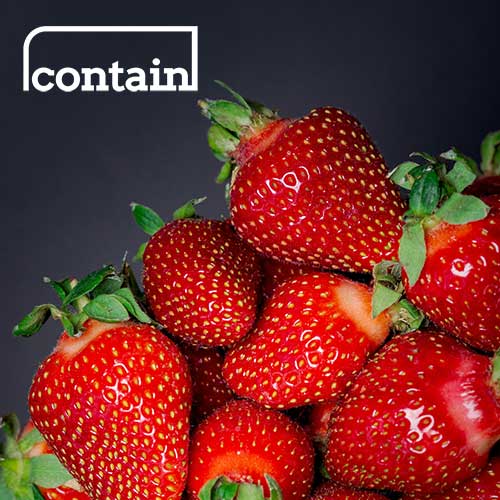
The Plenty Unlimited bankruptcy dominated indoor ag news in March. Linkedin commentators were quick to condemn the vertical farming industry as a whole. On the upside, a new farm was announced in Virginia and Oishii made a robotics acquisition.
UK company plans Virginia greenhouse
In the shadow of the Plenty Unlimited bankruptcy, we tracked just one funding event in March. Oasthouse Ventures, a UK-based sustainable agriculture developer specializing in low-carbon greenhouse projects, is investing $104.8 million to establish its first U.S. indoor farming operation in Carroll County, Virginia. The project is backed by $800,000 in state grants ($550,000 from Virginia’s Commonwealth Opportunity Fund and $250,000 from the Governor’s Agriculture and Forestry Industries Development Fund). The 65-acre greenhouse will produce 45 million pounds of tomatoes annually. It will create 118 new jobs and serves as Phase I of a three-phase expansion plan in Southwest Virginia.
Plenty Unlimited bankruptcy dominates the month’s news
Our Indoor Ag Buzz Index™ combines the popularity of a range of indoor farm-related phrases in the media into an index. The index ended the month up, thanks to commentary around the long-anticipated Plenty Unlimited bankruptcy.
Plenty Unlimited, a vertical farming company backed by $940 million from investors including Jeff Bezos and SoftBank, filed for Chapter 11 bankruptcy. The filing includes $20.7 million in debtor-in-possession financing—a form of bankruptcy funding allowing continued operations—to maintain its Wyoming R&D facility and Richmond, Virginia strawberry farm. The company says it aims to produce 4 million pounds annually for Driscoll’s from the latter. Local Virginia contractors face significant losses on the recent farm build. Electrical Controls & Maintenance (Richmond) claims $7.7 million in unpaid bills, while Colonial Webb Contractors seeks $3.1 million. Both are reportedly pursuing liens and legal action to recover debts.
Industry Reacts on Social
Industry reactions on LinkedIn to the Plenty Unlimited bankruptcy were sharp. Paul Brentlinger, CEO of greenhouse supplier CropKing, criticized Plenty’s strategic direction: “The fact that anyone is surprised by this hurts my head! … please, somebody, stop them from pursuing ‘premium sunless strawberries’. This is madness, who would continue to finance these guys.” Gene Giacomelli, Professor Emeritus at the University of Arizona, struck a more conciliatory tone: “Their excitement brought many new interested young people to CEA … highly valuable to our food future,” while acknowledging the sector’s “expensive learning experiences” and advocating for hybrid solar-greenhouse models over fully sunless systems.
The Plenty Unlimited bankruptcy follows a wave of vertical farming failures. AeroFarms, which raised $300 million, filed for Chapter 11 in 2023 after abandoning a New Jersey facility. Bowery Farming—once valued at $2.3 billion with $700 million raised—shuttered all operations in late 2024. These cases highlight systemic issues in capital-intensive indoor agriculture. High energy costs, technological complexity, and reliance on premium-priced crops have eroded investor confidence. Plenty’s interim CEO Dan Malech cited “fundraising challenges” as a key factor. The company pivoted away from leafy greens after closing its Compton, California facility in 2024.
Oishii Acquires Tortuga Ag
Oishii, a vertical farming company specializing in premium strawberries and tomatoes, acquired Tortuga AgTech’s key IP, assets, and engineering team on March 24, 2025, to bolster its robotic harvesting capabilities. Tortuga raised $50 million since its 2016 founding, including a $20 million Series A in 2024 led by Lewis & Clark AgriFood. It developed a commercial fleet of 150 robots capable of harvesting strawberries, grapes, and berries. They also collect plant data and perform UV-C treatments. The deal integrates Tortuga’s AI-driven robotics software and custom hardware into Oishii’s existing systems, developed with partner Yaskawa Robotics. It aims to halve harvest costs and enable robots to “surpass human farmers” in strawberry picking accuracy.
Tortuga’s team, including engineers specializing in machine vision and AI, joined Oishii immediately. Both groups are collaborating to scale automation at Oishii’s New Jersey-based Amatelas Farm, where 50 robots currently manage ripeness detection and environmental adjustments. The acquisition follows a six-month pilot partnership. It positions Oishii to expand its automated vertical farming model, leveraging Tortuga’s 2024 Ag Robot of the Year-winning technology.
Lufa Farms Expands in Canada
Elsewhere, Lufa Farms, a Montreal-based commercial rooftop greenhouse farmer, expanded its direct-to-consumer delivery services to Ottawa. The company’s online Marketplace, which connects customers with over 2,000 products from 450+ local farmers and food makers, now serves Ottawa residents within a 3-hour radius of Montreal. Deliveries arrive within 24 hours of harvest, with pick-up options available at local businesses like coffee shops and pharmacies. The expansion leverages existing infrastructure, including five rooftop greenhouses and one indoor farm in Quebec, to supply tomatoes, cucumbers, and herbs year-round. This marks Lufa’s first market outside Quebec, capitalizing on Ottawa’s proximity to its existing Gatineau delivery zone.
Listed CEA Sector Focuses on Niche Markets Amid Financial Struggles
In the listed sector, we saw one set of results and a raft of 10K, year end financial disclosure documents, releases. Our proprietary Indoor Ag Stock Index™ ended the month down 39% year on year, mostly due to poor performance in the large Japanese-listed stocks that make up the bulk of index market cap.
Edible Garden Pivots to Herbs
Edible Garden reported a 181.3% year-over-year gross profit surge to $2.3 million for 2024. This was driven by its strategic pivot away from low-margin lettuce and floral products to focus on core herb sales, which grew 16.3% ($1.7 million). Gross margins nearly tripled from 5.9% in 2023 to 16.7%, fueled by vertical integration, reduced reliance on third-party growers. It saw $4.1 million in cost savings from exiting unprofitable categories. Despite flat annual revenue of $13.9 million—a result of shedding $1.7 million in lettuce/floral sales—the company slashed cost of goods sold by 12.7% ($1.7 million) by internalizing herb production at its Michigan and New Jersey facilities. Operational upgrades, including automation and data-driven logistics, supported the margin expansion.
However, net losses widened to $11.1 million in 2024 due to $1.6 million in increased SG&A costs (including CFO severance and legal fees) and higher interest expenses. The company’s proposed acquisition of Narayan Group, a European organic coconut producer, aims to diversify its product portfolio and leverage vertical supply chains. The deal remains pending. Edible Garden ended 2024 with $3.5 million in cash. This was up from $510,000 in 2023, following a capital raise and cost discipline.
The latest 10-K filings from Saffron Tech, Hydrofarm, and Village Farms reveal a clear trend. Prioritizing niche markets like saffron, cannabis, and CEA hardware to differentiate in a challenging industry. Despite these efforts, all three companies faced mounting losses, restructuring costs, and investor skepticism.
Hydrofarm
Hydrofarm reported a 16% decline in sales to $190.3 million, reflecting ongoing challenges in the CEA hardware market. Gross margins improved slightly to 16.9%, but the company posted a $66.7 million net loss, a 35.1% net loss margin. Hydrofarm sold its Innovative Growers Equipment assets, executed a 1-for-10 reverse stock split, and completed an $8.6 million sale-leaseback of its Oregon facility to bolster liquidity. Restructuring efforts, including narrowing its brand portfolio, reduced operating expenses by $8.7 million. Oversupply in the CEA hardware market remains a headwind.
Saffron Tech
Saffron Tech reported a $1.02 million net loss, up 74% year-over-year, as it targets the lucrative $2.3 billion saffron market. The company planted 25,000 saffron bulbs in Israel, aiming for four annual harvests through vertical farming technology. However, it faces significant financial risks, with a $23.6 million cumulative deficit and $7.7 million owed to contractors. The 10k includes a “going concern” qualification. A new CEO, Shmulik Yanai, is focusing on international partnerships, including a deal with a Korean vertical farming firm, while crowdfunding efforts have secured a 54% stake in its subsidiary.
Village Farms
Village Farms achieved an 18% increase in sales to $336.18 million. This was driven by expansion into Europe via its Dutch subsidiary’s cannabis license and EU GMP certification for medical exports. Despite these gains, the company posted a $35.85 million net loss. Profits from VF Fresh declined due to inventory write-downs that reduced its gross margin by 4%. Village Farms is also awaiting regulatory approval for converting its Texas greenhouses to cannabis production under TCUP while navigating cost pressures in its fresh produce segment.
Disclaimer
Featured image courtesy of Unsplash.
The information provided on this blog is for general informational purposes only. It is not intended to be a comprehensive analysis of the securities, markets, or developments referred to. While we strive to ensure the accuracy and reliability of the information, the content of this blog does not constitute financial advice, investment advice, trading advice, or any other advice. You should not treat any of the blog’s content as such.
We do not recommend that any securities listed or discussed be bought, sold, or held by you. Nothing on this blog should be taken as an offer to buy, sell, or hold securities. Please conduct your own due diligence and consult with a qualified financial advisor before making any investment decisions.
Forward-looking statements made in this blog are only predictions and are subject to risks, uncertainties, and assumptions that are difficult to predict. Therefore, actual results may differ materially from those expressed in forward-looking statements. We expressly disclaim any obligation to update or alter statements whether as a result of new information, future events or otherwise, except as required by law.

August Indoor Ag Update: M&A Galore & Indoor Specialty Crops Funding

July Indoor Ag Update: Acquisitions Accelerate & Funding Returns

Five Farms Making a Go of Indoor Agriculture

Dyson’s 250% Yield Breakthrough Headlines June AgTech: Vertical Farming Advances, M&A Activity, and Industry Setbacks
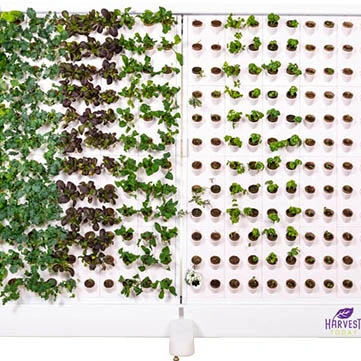
Indoor Agriculture Pivots to Home Gardens as Vertical Farming Failures Drive Strategic Reevaluation
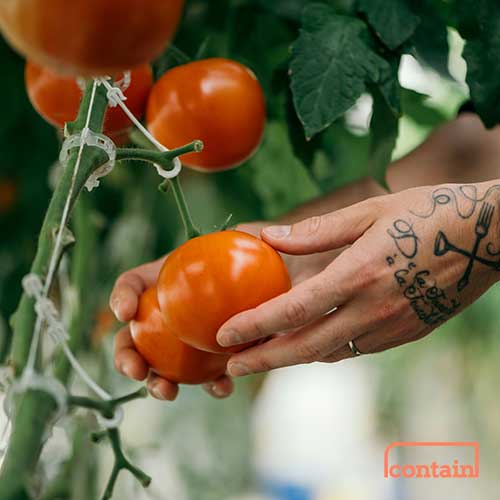
Zordi Series B and May 2025 Indoor Agriculture Developments
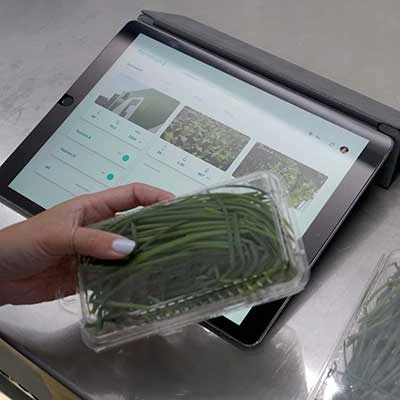
Freight Farms Bankruptcy and iUNU’s $20M Raise Highlight April’s Indoor Ag Contrasts
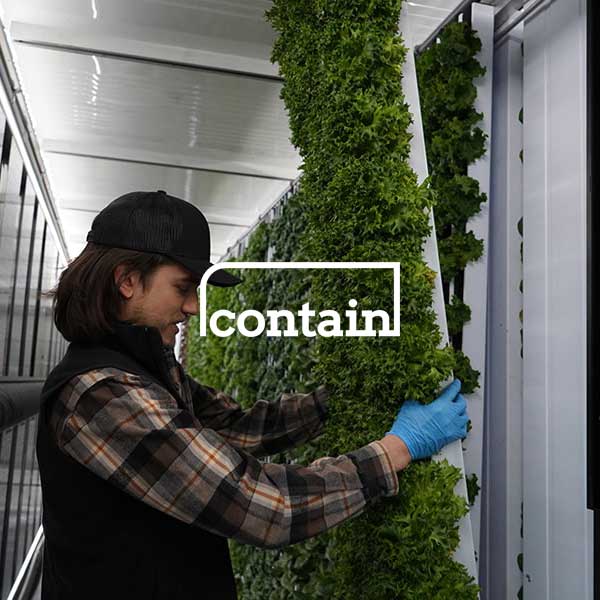
Freight Farms Resources: Indoor Ag Companies Stepping Up to Support Freight Farmers
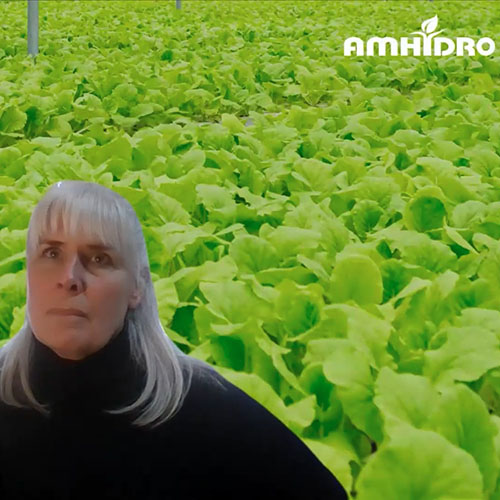
How to Finance Your Hydroponic Project in 2025: Finding Opportunity in a Shifting Market
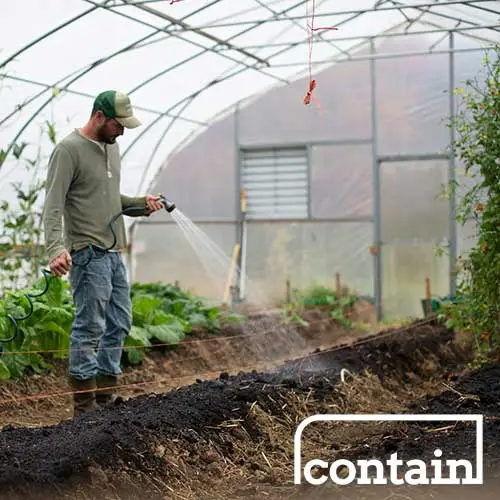
Indoor Ag’s New Reality: Practical Advice from Investment Banker Adam Bergman

Plenty Unlimited bankruptcy dominates March’s indoor ag news, overshadowing new farm plans
